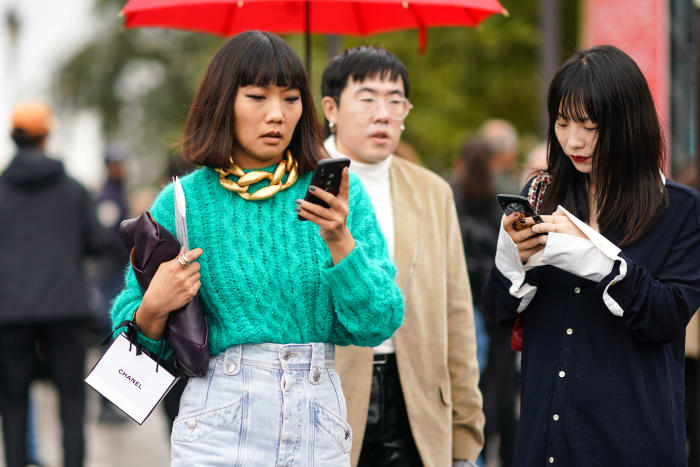“Seinfeld”‘s final episodes are centered around a fictitious “Good Samaritan law” that obliges private citizens to intervene if they witness a crime. The online fashion community, it seems, is increasingly governed by that same law, with individuals taking up the mantle of holding brands and individuals who work in the industry accountable for their actions. While fashion criticism has traditionally revolved around aesthetics, this new breed of criticism hinges on evaluations of originality and ethics. The Diet Prada model has shown time and time again that call-outs have an uncanny ability to go viral. Is that why we’re seeing the proliferation of watchdog critics online? Are all of these fashion mercenaries just hungry for fame and likes and retweets?

It’s falling on individuals to take the oft-problematic industry to task.

